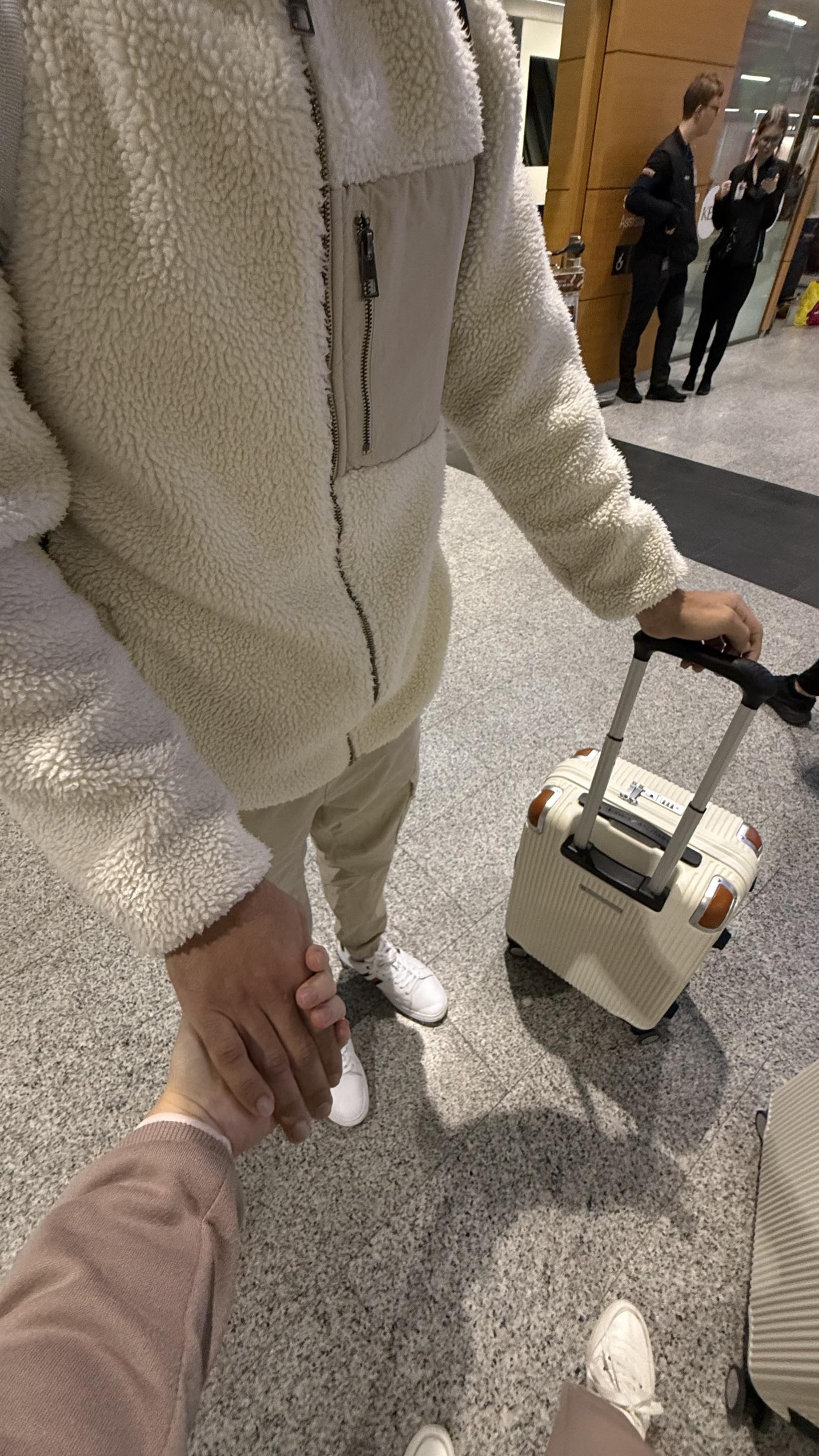Says Directorate of Immigration is violating rights
An Icelandic woman is harshly criticizing the Directorate of Immigration’s decision to deport her husband and impose a two-year re-entry ban. She says the process was confusing, unfair, and in violation of her fundamental rights as an Icelandic citizen.
Anna Mist Guðmundsdóttir says her husband, Ali Abbas Sulieman, a Venezuelan national, fled his home country after he and his family were subjected to threats and extortion.
Sulieman first came to Iceland in October 2022, and shortly afterward met Guðmundsdóttir. They began living together in early 2023, were married in February 2024, and bought an apartment together later that year.
Thought they had nothing to worry about
“We informed the Directorate of Immigration after the wedding. He received an ID number, electronic credentials, and a bank account, and we applied for a residence permit on the grounds of marriage to an Icelandic citizen,” says Anna.
Shortly thereafter, however, they received notice that Sulieman had to leave the country within a given deadline—something that took them by surprise.
“I called the Directorate and asked whether we needed to worry. The answer was no — we were married, and therefore didn’t need to be concerned,” she says.
Unable to visit his parents
A few weeks later, Ali was summoned to an interview where he was told he had to leave the country and that he was receiving a two-year re-entry ban for failing to depart before the deadline. The ban also applies to all countries within the Schengen Area.
“His parents live in Germany, so this affects not just us, but them as well,” says Guðmundsdóttir.
The couple hired a lawyer, appealed the decision, and tried to have the ban lifted while re-applying for a residence permit — but all requests were denied.
“We’ve spent hundreds of thousands of krónur trying to stay together,” she says.
Serious impact on their health
They were told that Ali could not be deported while the appeals were pending — unless police arrested and forcibly removed him. They were also warned that if they didn’t withdraw their appeals, the re-entry ban could be extended to five years. Ali was ultimately deported last month.
Guðmundsdóttir says the ordeal has taken a heavy toll on both their mental health.
“We haven’t been able to sleep or eat because of anxiety. I was mentally broken and had to seek therapy,” she says.
Her husband now barely leaves the house in Venezuela out of fear for his safety while trying to complete the paperwork needed to leave the country again.
“Where are my rights?”
Guðmundsdóttir argues that the treatment of their case violates basic rights.
“The right to family life is protected under the Icelandic Constitution, the European Convention on Human Rights, and the UN Convention on the Rights of the Child. By upholding a re-entry ban on a man legally married to an Icelandic citizen, these rights are being violated,” she says.
She adds that her husband was well integrated in Iceland — known as DJ Aladdin, he worked at popular downtown venues on weekends and later at Krónan, where he was well-liked and even given a farewell party when he had to leave.
He had also learned English and begun studying Icelandic.
“How can the Directorate of Immigration make such a decision? The law says one thing or another — but compassion and understanding should still matter,” she says.
“Where are my rights as an Icelandic citizen to live with my husband in my own country?”
Finally, she points to what she calls hypocrisy in Western attitudes:
“Western countries often criticize the Middle East for denying women the freedom to choose whom they marry or love — but I’m experiencing exactly the same thing here in Iceland. Where are the human rights, equality, and freedom to build a family in my own country?”






/frimg/1/60/10/1601046.jpg)


